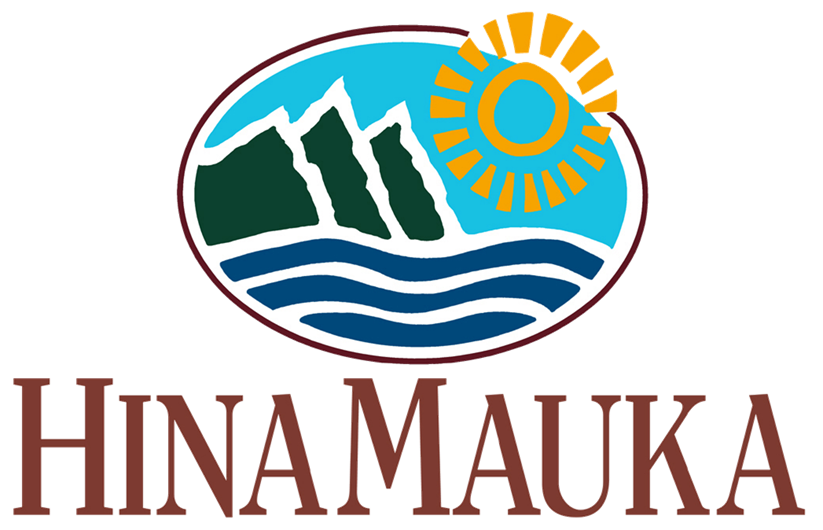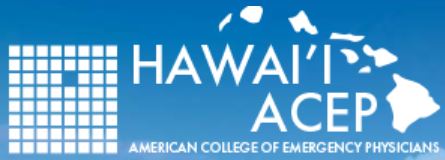Learn
- What is Meth?
- An addictive stimulant that affects the central nervous system. The main form of meth is a white crystal-like powder that is odorless and bitter-tasting. Meth easily dissolves in liquid.
- Street / Informational names:
- Glass
- (Crystal) Meth
- Shards
- Ice
- Common ways meth is taken:
- Smoking
- Injecting
- Snorting
- Ingestion
- Why do people use meth?
- People like the feeling that comes from the high
- They are addicted
- They have a legal prescription
What are the side effects of meth?
Short-term Effects
• Increased blood pressure and body temperature
• Faster breathing
• Rapid or irregular heartbeat
• Loss of appetite, disturbed sleep patterns, or nausea
• Bizarre, erratic, aggressive, irritable, or violent behavior
• Faster breathing
• Rapid or irregular heartbeat
• Loss of appetite, disturbed sleep patterns, or nausea
• Bizarre, erratic, aggressive, irritable, or violent behavior
Long-term Effects
• Meth make you get old fast – premature aging.
• Permanent damage to the heart and brain
• High blood pressure leading to heart attacks, strokes, and death
• Liver, kidney, and lung damage
• Anxiety, confusion, or insomnia
• Paranoia, hallucinations, mood disturbances, delusions, or violent behavior (psychotic symptoms can sometimes last for months or years after quitting meth)
• Intense itching, causing skin sores from scratching
• Severe dental problems (“meth mouth”)
Why end meth?
- Meth is devastating. Meth has frightening impacts on people and society. It destroys physical and mental health, threatens public safety, deepens disparities, and undermines our communities.
- Meth is difficult. Meth is a particularly challenging problem because it is cheap and highly addictive. There are no easy solutions when it comes to treatment or prevention.
- Meth is getting worse. Despite many efforts over the past three decades, meth use in Hawaii and related harms continue to be a growing problem.
- We have an opportunity. We have a chance to leverage resources and lessons learned in the national fight against opioids and combine it with our collective expertise and leadership to address the meth problem in Hawaii.





